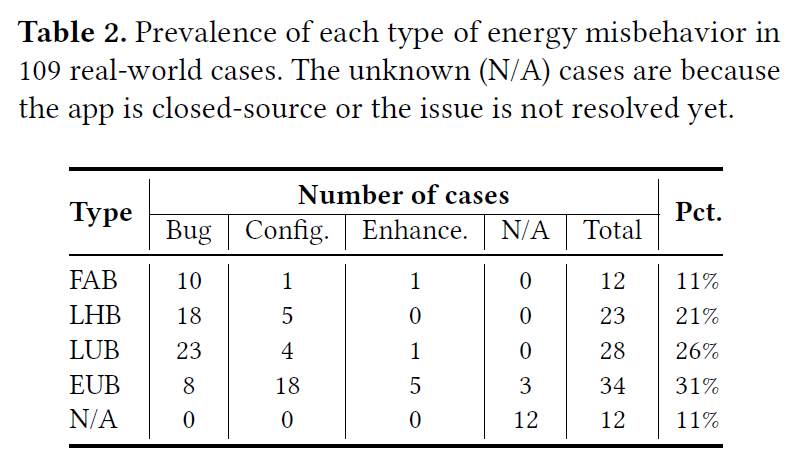Comprehensive Guide to SBA 7(a) Loan Requirements: Unlocking Your Business Financing Potential
#### Understanding SBA 7(a) Loan RequirementsThe **SBA 7(a) loan requirements** are crucial for small business owners seeking financial assistance. This loa……
#### Understanding SBA 7(a) Loan Requirements
The **SBA 7(a) loan requirements** are crucial for small business owners seeking financial assistance. This loan program, backed by the Small Business Administration (SBA), is designed to help entrepreneurs access capital for various business needs, from working capital to purchasing equipment. Understanding these requirements can significantly enhance your chances of securing funding.
#### Eligibility Criteria
To qualify for an **SBA 7(a) loan**, applicants must meet specific eligibility criteria. First, the business must operate for profit and fall within the SBA's size standards, which vary by industry. Generally, a business should have fewer than 500 employees and a net worth of less than $15 million. Additionally, the business must be located in the United States and be engaged in an eligible industry.
#### Creditworthiness
Another critical aspect of the **SBA 7(a) loan requirements** is the creditworthiness of the borrower. Lenders typically look for a credit score of 680 or higher. However, some lenders may consider lower scores if the applicant has strong business fundamentals or a solid business plan. A good credit score demonstrates financial responsibility and increases the likelihood of loan approval.
#### Business Plan

A well-structured business plan is essential when applying for an **SBA 7(a) loan**. This document should outline your business goals, target market, competitive analysis, and financial projections. Lenders want to see that you have a clear strategy for repaying the loan. A comprehensive business plan can help convince lenders of your commitment and ability to succeed.
#### Down Payment and Collateral
While the **SBA 7(a) loan** program does not require a specific down payment, lenders may ask for one, especially for larger loans. Typically, a down payment of 10% to 20% is common. Additionally, borrowers may need to provide collateral to secure the loan. Collateral can include business assets, real estate, or personal guarantees.
#### Documentation Requirements
When applying for an **SBA 7(a) loan**, you'll need to gather various documents to support your application. Commonly required documents include:
- Personal and business tax returns

- Financial statements (profit and loss, balance sheets)
- Business licenses and registrations
- Legal documents (partnership agreements, articles of incorporation)
- A detailed business plan
Having these documents organized and ready can streamline the application process and demonstrate your preparedness to lenders.
#### Loan Amounts and Terms

The **SBA 7(a) loan** program offers flexible loan amounts, typically ranging from $30,000 to $5 million. Loan terms can vary, but they generally range from 7 to 25 years, depending on the purpose of the loan. Shorter terms are often available for equipment purchases, while longer terms may apply to real estate financing.
#### Conclusion
In summary, understanding the **SBA 7(a) loan requirements** is vital for small business owners looking to secure financing. By meeting eligibility criteria, demonstrating creditworthiness, and preparing a comprehensive business plan, you can improve your chances of obtaining an SBA loan. Additionally, being organized with documentation and understanding the loan amounts and terms will further enhance your application. With the right preparation, the **SBA 7(a) loan** can be a powerful tool to help your business grow and thrive.